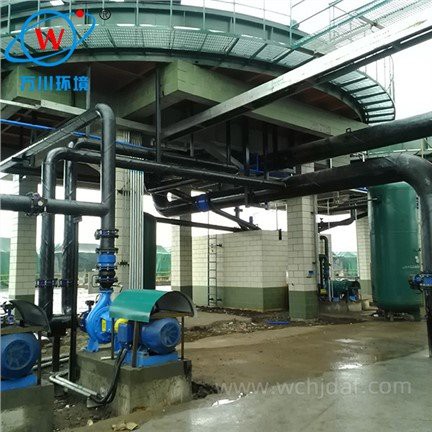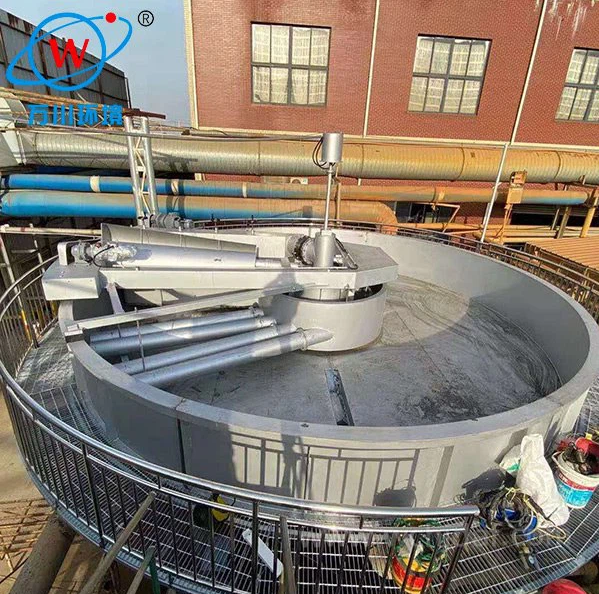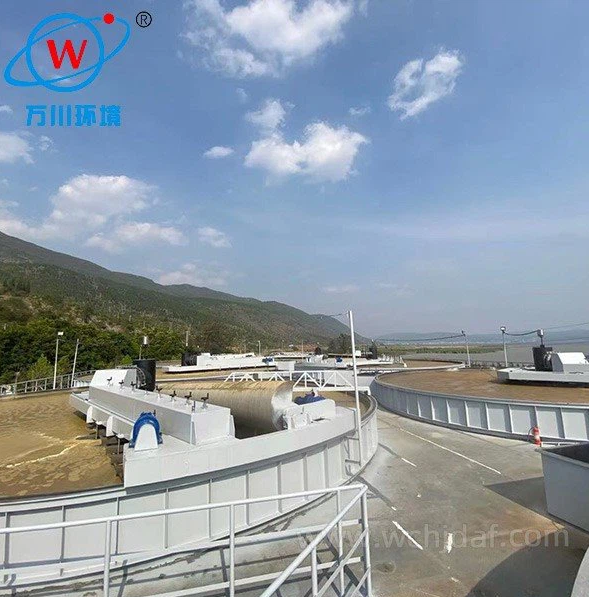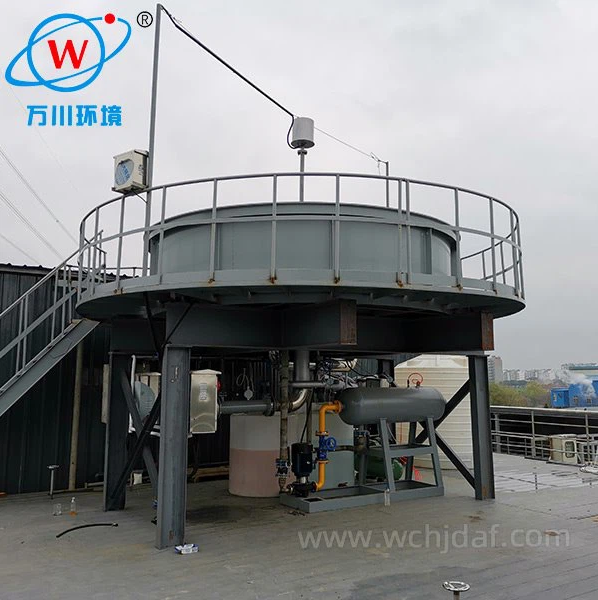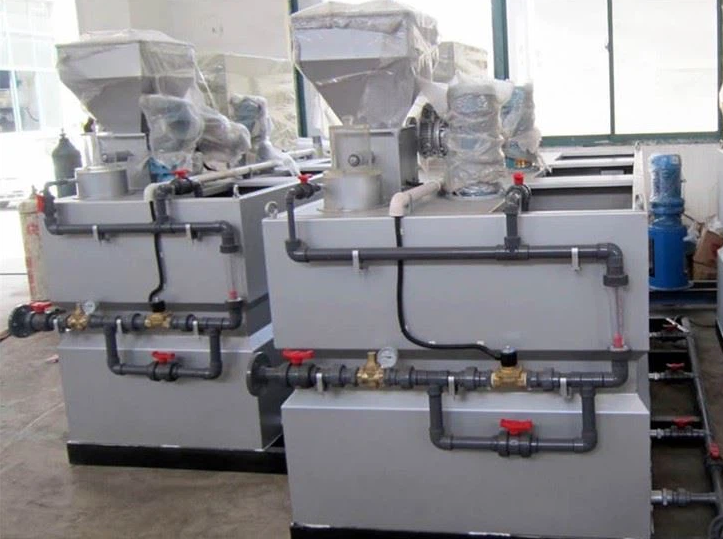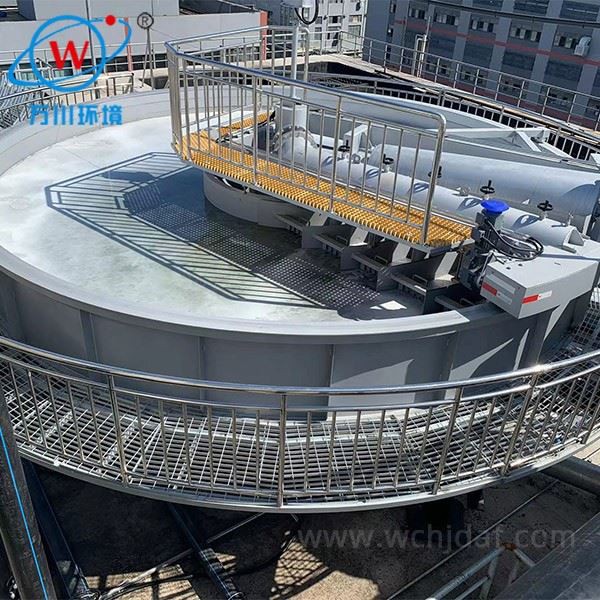Water Quality Impact on DAF Performance
The water quality of the influent significantly impacts the performance of DAF (Dissolved Air Flotation) equipment, affecting bubble attachment, contaminant separation, and overall system efficiency. Here's a detailed analysis of key water quality factors:
1. Suspended Solids (SS) Concentration
-
High SS levels (>500 mg/L) can:
- Clog air release nozzles
- Form dense sludge layers reducing bubble-particle contact
- Cause premature settling of coarse solids
- Very low SS (<50 mg/L) makes floc formation difficult, requiring chemical coagulants
Optimal SS range ensures proper bubble attachment without system overload.
2. Oil & Grease Characteristics
-
Free-Floating Oils:
- Easy to remove but high concentrations (>100 mg/L) form thick layers that hinder skimmers
-
Emulsified Oils:
- Require chemical de-emulsifiers (e.g., coagulants)
- Without treatment, they bypass bubbles reducing removal efficiency
-
Dissolved Oils:
- Require advanced pre-treatment (e.g., activated carbon)
- DAF alone cannot remove dissolved compounds
3. pH & Chemical Composition
-
pH Level:
- Impacts particle surface charge and coagulant efficacy
- Aluminum-based coagulants work best at pH 5-7
- Iron salts prefer pH 7-9
-
Ionic Strength:
- High calcium/magnesium/salts alter water chemistry
- May cause scaling in air saturation tank/nozzles
4. Temperature Effects
-
High Temperature (>40°C):
- Reduces air solubility in saturation tank
- Decreases bubble production
-
Low Temperature (<10°C):
- Increases water viscosity, slowing bubble rise
- May cause biological foaming in warmer water
Temperature control optimizes both bubble production and flotation kinetics.
5. Dissolved Organic Matter (DOM) & Colloids
- Stabilize emulsions and prevent floc formation
- Require higher coagulant dosages
- Can coat bubble surfaces, reducing contaminant attachment
6. Toxic Compounds
Chemicals like heavy metals, solvents, or biocides can:
- Disrupt bubble formation (e.g., surfactants lowering surface tension)
- Inhibit coagulant reactions (e.g., heavy metals complexing with coagulants)
- Corrode DAF components, reducing equipment lifespan
Pre-treatment is essential for waters containing toxic compounds to protect DAF efficiency.

